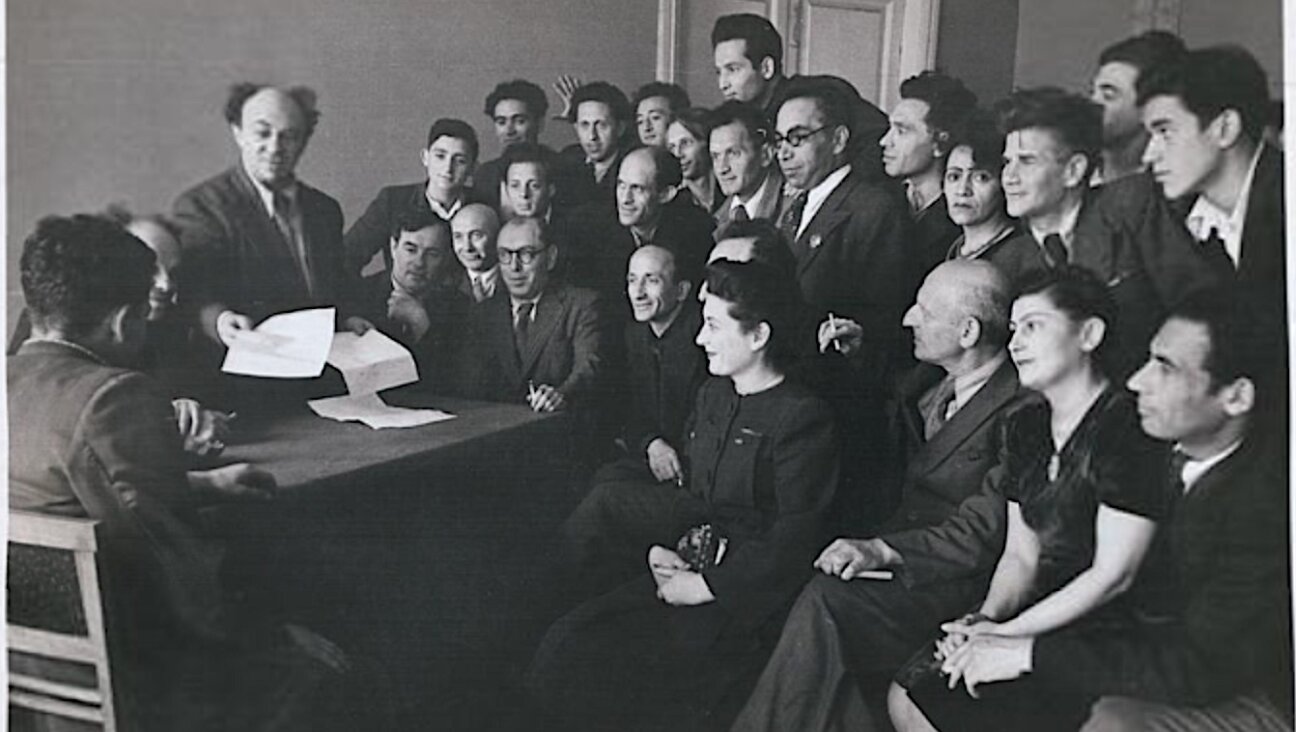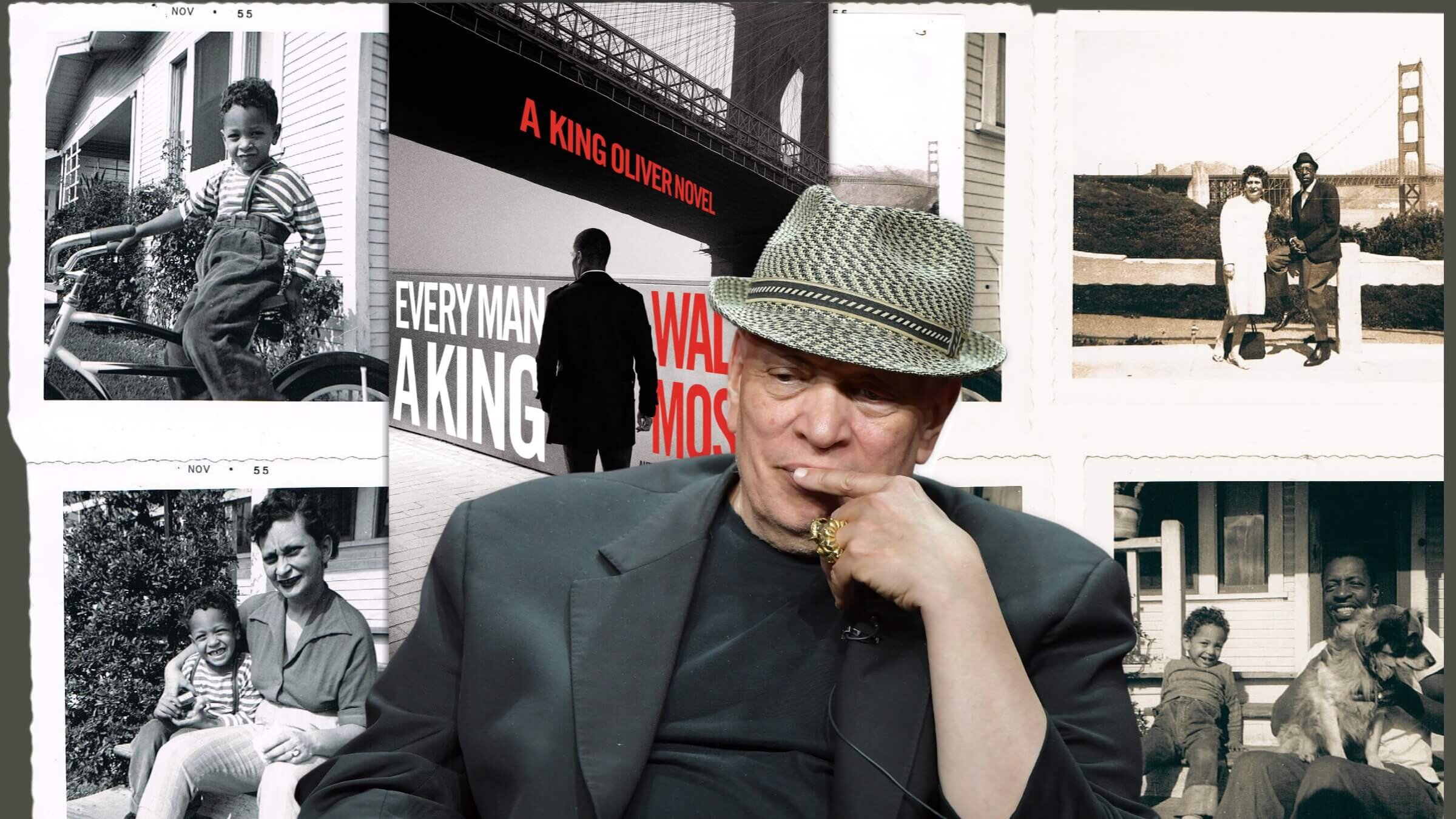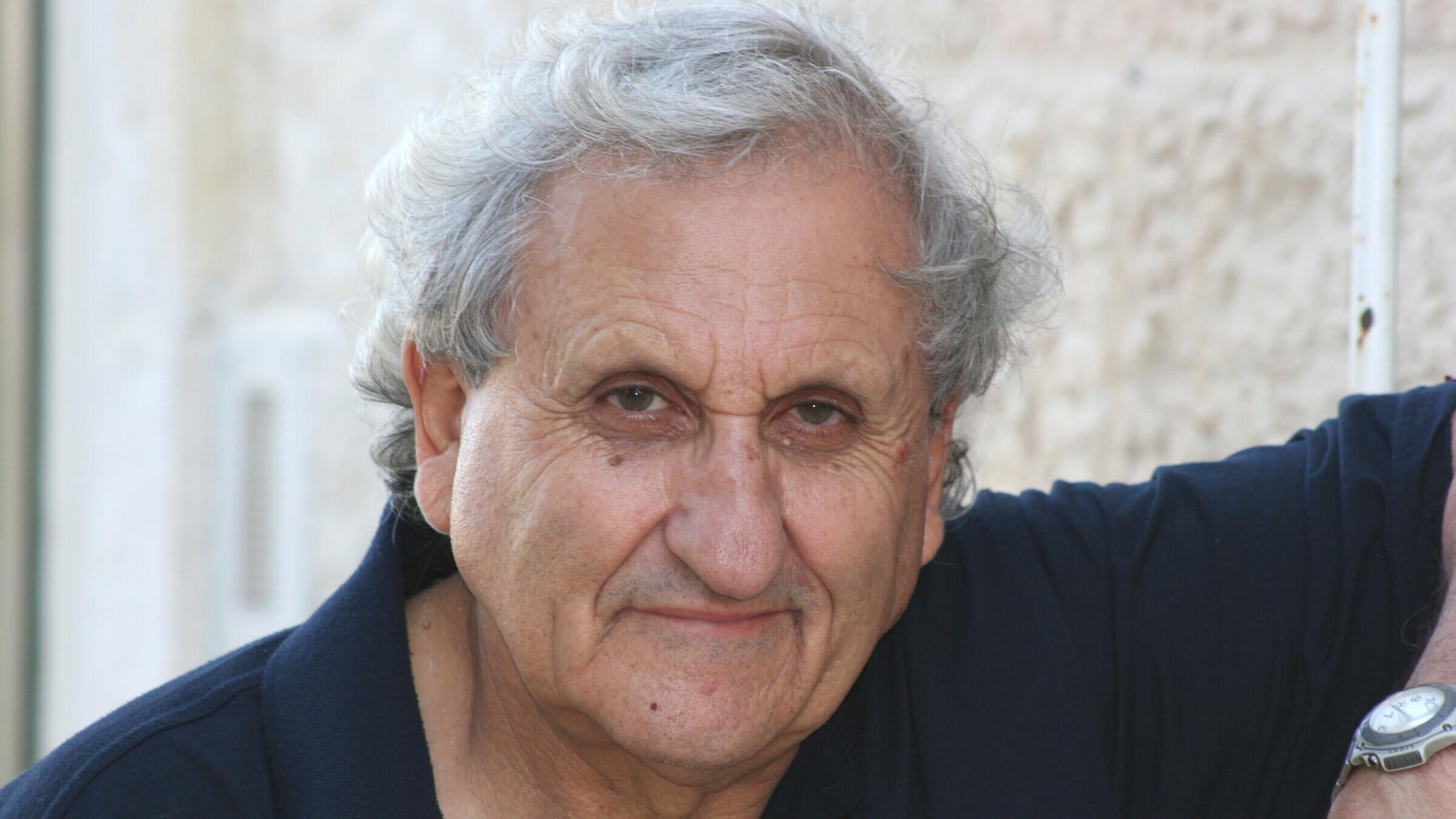The true story behind the ‘Night of the Murdered Poets’
Yiddish actors will perform a documentary in a Manhattan theater, commemorating Stalin's execution of 13 innocent Jewish intellectuals

Yiddish actors will perform a documentary in a Manhattan theater, commemorating Stalin's execution of 13 innocent Jewish intellectuals

His book is about a Black ex-cop investigating a white nationalist. His mom is an abiding influence on his worldview

A.B. Yehoshua was as gifted as he was uncompromising and undiplomatic

I don’t know Amy Krouse Rosenthal. But, like a lot of people in Chicago and now on the internet, I feel I do. She’s the author of last week’s devastating New York Times Modern Love essay, “You May Want To Marry My Husband,” a love letter to her husband, Jason, in the form of a…

“Fashion Police” guru Joan Rivers is in hot water with the Writers Guild of America. The Council of the Writers Guild of America East voted to send charges filed against Rivers to a trial board Wednesday, raising the stakes in the ongoing strike of “Fashion Police” writers, Variety reported. “The writers on that show are…

Elissa Strauss is right to note that VIDA’s third annual count of male vs. female bylines in “thought leader magazines” created a reaction that, at first, amounted to a giant shrug. Over the past few years many writers, Elissa most notable among them, have asked editors to respond to “The Count.” Most did not take…

After the battle at Tamra, my father’s commander, Norm Schutzman, moved the men of B-Company up to the coast North of Haifa for more training. In late fall, Schutzman received orders that the entire 7th Brigade, including his company, was to clear the Galilee of Arab troops to the Lebanese border. Schutzman’s company’s assignment was…
Filmmaker Mike Nedelman attends Colonel David “Mickey” Marcus’s memorial service and speaks to the veterans who fought alongside him in the war for Israel’s independence. Click play to watch these brave men recall the defining roles they played in Israel’s formation. This short video, the second in the series, is offered as a complement to…




100% of profits support our journalism